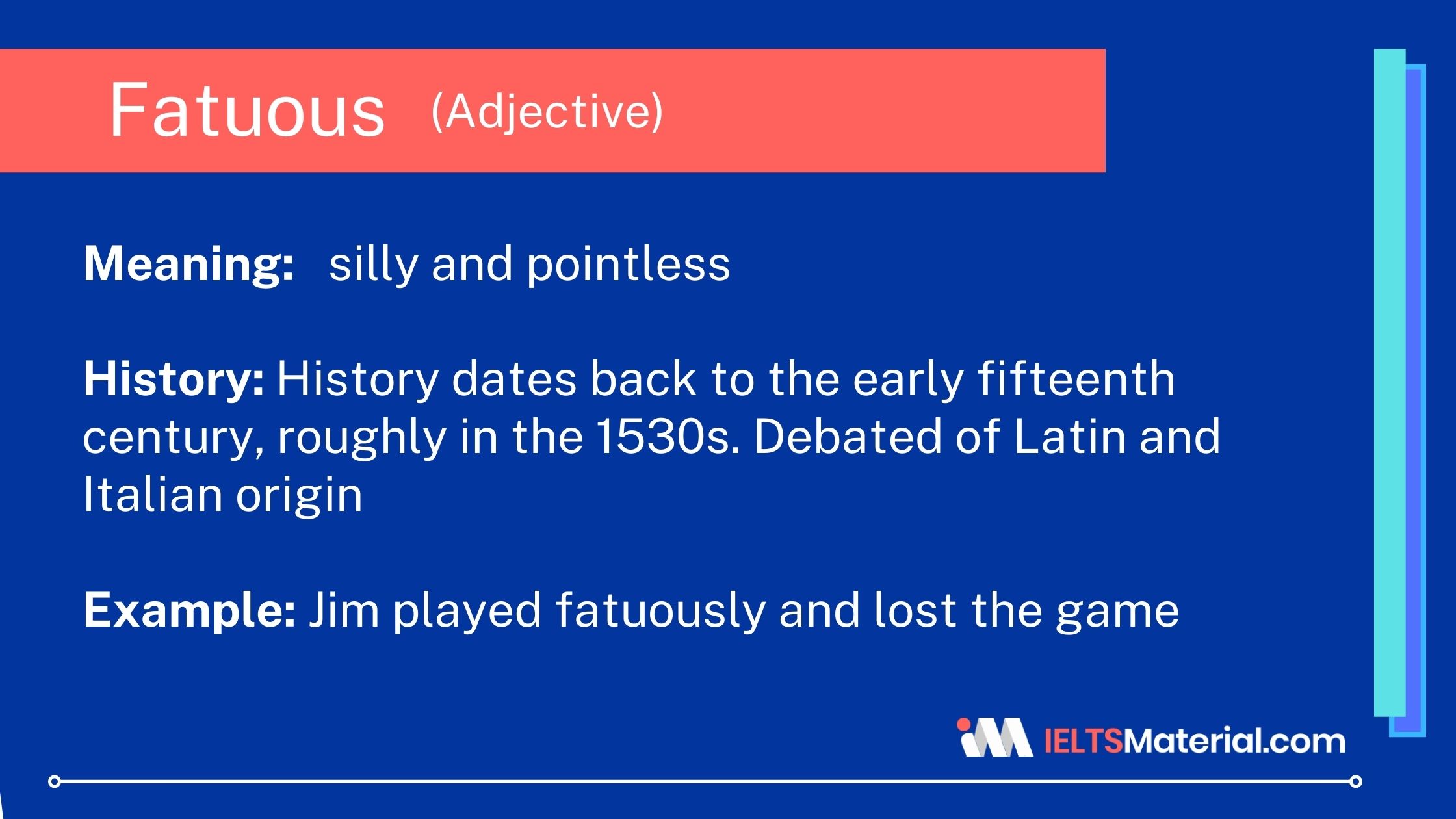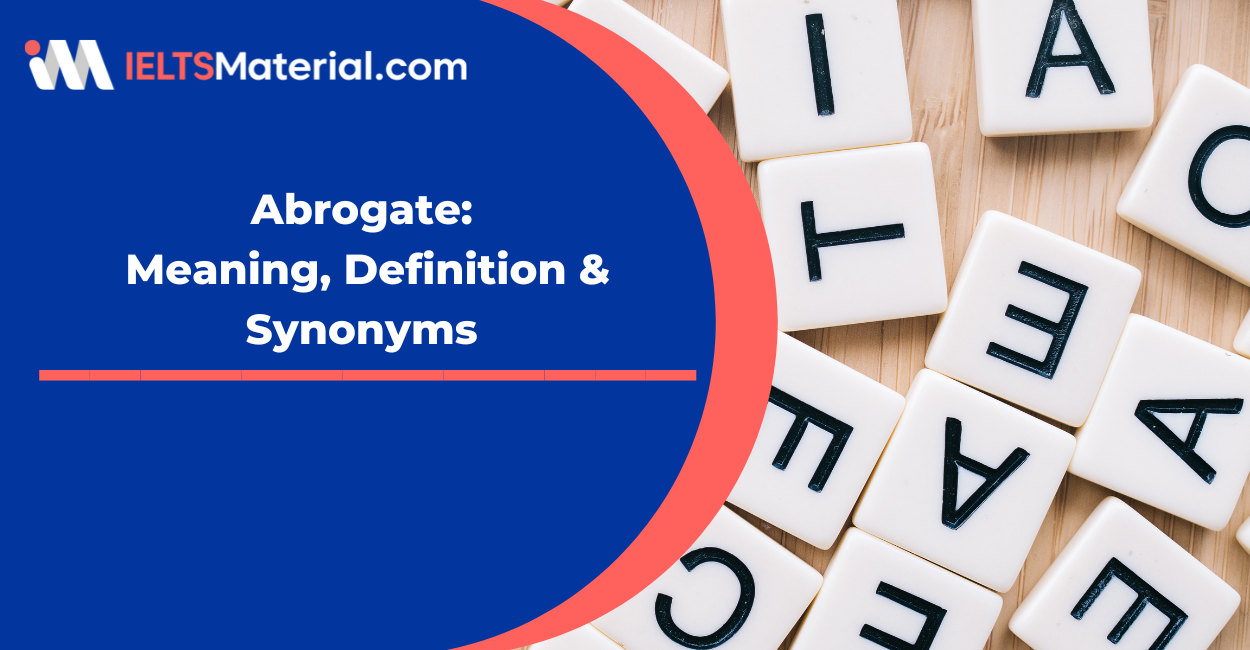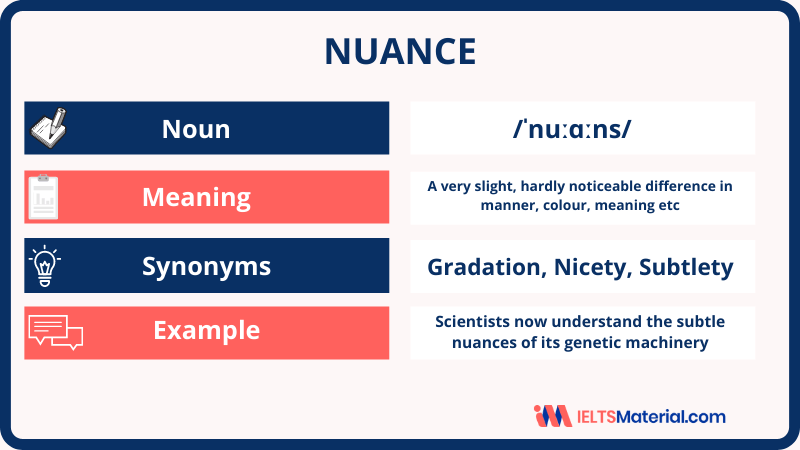Scapegoat – Word of the Day for IELTS Speaking & Writing
This blog explores the word of the day, "Scapegoat". Learn its meaning, usage, and IELTS examples in Speaking part 3 and Writing task 2 to describe brief speech or personality traits and improve your IELTS Lexical Resource score.
Table of Contents

Limited-Time Offer : Access a FREE 10-Day IELTS Study Plan!
Expanding your IELTS vocabulary with expressive and topic-specific words can significantly improve your Lexical Resource score. Today’s word, “Scapegoat,” is especially useful when discussing blame, responsibility, leadership, or social issues—topics commonly seen in both IELTS Writing Task 2 and IELTS Speaking Part 3.
Meaning of the Word “Scapegoat”
Part of Speech:
- Noun: A person who is unfairly blamed for the faults or wrongdoings of others.
- Verb: To unfairly blame someone for the mistakes or failures caused by others.
Origin and History of “Scapegoat”
The term scapegoat originates from a biblical ritual described in the Book of Leviticus, where two goats were chosen—one to be sacrificed, and the other to symbolically bear the sins of the community and be sent into the wilderness. The latter, burdened with the community’s wrongdoings, was called the “scapegoat.” The word entered English in the 16th century, symbolizing a person who is unjustly blamed.
How to Use “Scapegoat” in IELTS Speaking & Writing
Understanding how to use “scapegoat” in different forms can help convey accountability, injustice, and power dynamics effectively, especially in formal essays or opinion-based speaking responses, in the IELTS Speaking and IELTS Writing topics.
1. Noun: Scapegoat
Used to describe someone who is unfairly held responsible for a negative outcome.
Examples:
- They used her as a scapegoat for the crime they committed.
- The team made James the scapegoat for their failure.
- I just escaped, or I would have been their scapegoat.
- We just needed a scapegoat to put the blame on.
- The government chose the chief minister as a scapegoat for their flaws.
2. Verb: Scapegoat
Used to describe the act of unfairly blaming someone else.
Examples:
- We need a scapegoat to thrust this failure on.
- I made her a scapegoat as I was afraid of facing my manager.
- I made my clients a scapegoat because I couldn’t close the deal.
- Can we use her as a scapegoat since she’s dad’s favorite?
Grab the newly launched Vocabulary for IELTS to level up your preparation.
Where to Use “Scapegoat” in IELTS?
- IELTS Speaking Part 2 or 3: When describing work environments, social relationships, or political issues involving blame or injustice.
- IELTS Writing Task 2: Ideal for essays related to government accountability, corporate ethics, social inequality, or education systems, especially when discussing who is responsible for problems in society.
Sample IELTS Speaking Answer Using “Scapegoat”
Use in: IELTS Speaking Part 3 (Social Issues or Workplace)
Q: Do you think people in power often avoid responsibility?
A: Yes, quite often. In many cases, leaders scapegoat subordinates to avoid facing the consequences of their decisions. This not only damages workplace morale but also reflects poor leadership.
Sample IELTS Writing Sentence Using “Scapegoat”
Use in: IELTS Writing Task 2 (Discussion or Opinion Essay)
Example Sentence:
In many workplaces, junior employees are made scapegoats for organizational failures, which highlights the lack of transparency and fairness in corporate culture.
Want to master more high-band IELTS vocabulary for the IELTS exam? Book a Free Demo Class today!
Explore IELTS Resources

Start Preparing for IELTS: Get Your 10-Day Study Plan Today!
Recent Articles

Kasturika Samanta

Kasturika Samanta

Kasturika Samanta





Post your Comments